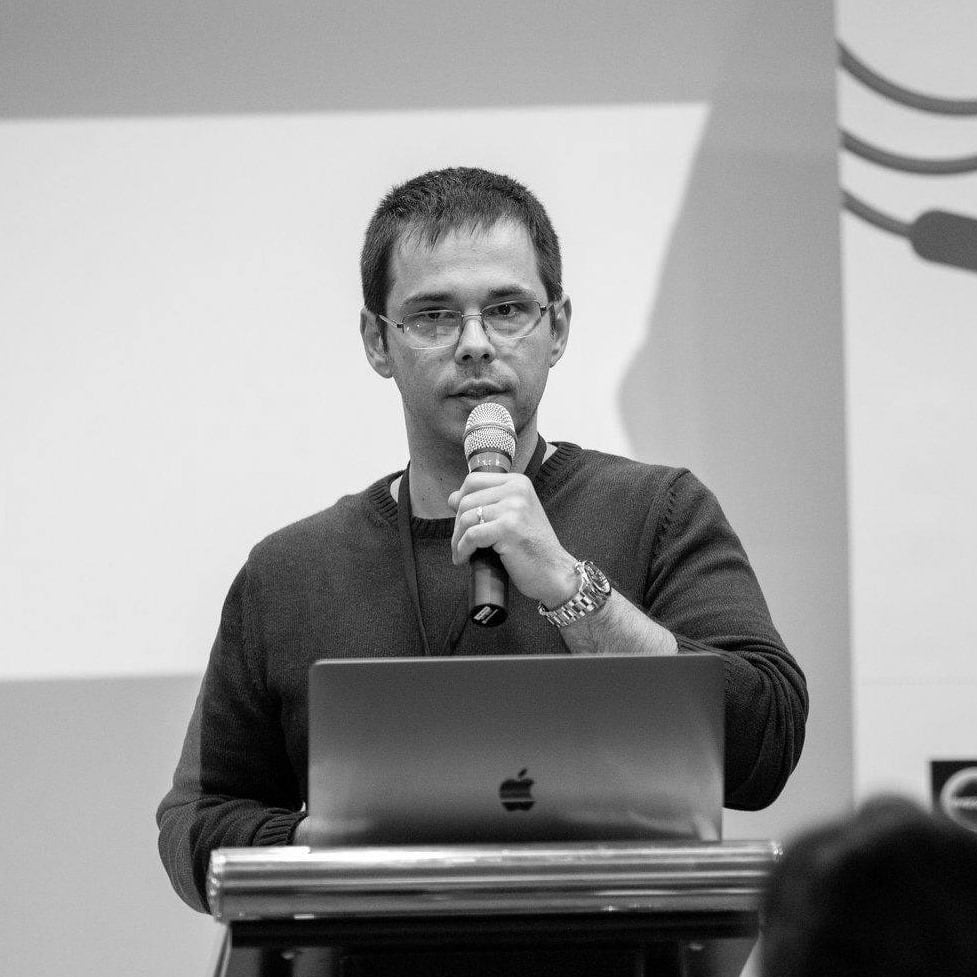I was hoping to become a junior Ruby developer at the time. But I had no professional experience at all with Ruby.
So naturally, if I were to apply for a junior Ruby developer position, I would’ve to be rejected right off the bat. That’s because, to the companies looking to hire a Ruby developer, I had no value whatsoever.
This means there was considerable risk in hiring me. I would be learning on their dime, and they had no guarantee that I would stick around long enough for them to at least recoup their investment.
It was a win (me) / loose (them) proposition.
How I got paid to learn how to code
That’s not how you get the job. You need to be on the lookout for a win/win proposition.
So here’s how I managed to get a job that would pay me to learn how to code in my favorite programming language.
There’s the one thing you need to understand about business above anything else. This one thing will help you land your dream job no matter if you have a ton of experience or none at all.
The most critical factor in the hire/no-hire decision is risk.
If you’re seen as a risky proposition, then you’re going to be rejected.
On the other hand, if you’re seen as a value-creator, then the decision to hire you becomes a no-brainer.
How to create value for a company when you have no coding skills
Here’s what I did…
At the time, I was playing with the basic skill set that a web developer might need to have (i.e., HTML & CSS).
I was also trying my best to build some pet projects by reading tutorials. But I had no idea what I was doing.
But at least I was building a few projects for myself using HTML & CSS because they were pretty easy to pick up if you had some free time (which I had plenty, at the time).
So as I was building a few of my own projects with HTML & CSS, I got recommended by a friend to this company looking for someone to help them build a few websites using HTML & CSS. A perfect fit.
And as I worked with this company, I eventually got pretty good at it. I felt comfortable writing CSS code, and the number of things that would surprise me on the topic started to go down significantly.
In other words, the stuff that I would play with in the beginning became a valuable skill. So much so that a company was willing to pay me for it.
Even though it wasn’t what I would dream about doing (i.e., learning to code with Ruby), it was still a valuable skill for a web company.
How I got into coding with Ruby
And so, I started to get bored doing CSS & HTML all day, and I wanted to learn a real programming language. I wanted a real programmer job. I wanted to learn Ruby.
So the next thing I did was I searched online for all the job openings I could find that were using Ruby as their programming language, and that needed some help with CSS.
And in the interview process, I would negotiate my ruby internship in exchange for my CSS skills, which meant that I was trading a part of my salary to become a Ruby developer.
I knew that this next level up my career ladder would be a lot more valuable in the long run. So I didn’t mind working for less, to have someone train me.
But more importantly, because I now had something of value to trade, the chance of me getting the job was a lot higher.
I was creating a win/win proposition.
How can you create a win/win proposition?
Now that you’ve seen how I did it when I had no skills, I hope you’ll get inspired and use this tactic to find yourself your dream job.
Here’s the list of it again:
- Find (or learn) something of value that you can offer.
- Exchange that for money (i.e., a salary) or a long term opportunity.
- Step up the ladder, and repeat.
As long as you keep learning, there’s no way you can’t succeed. Just be patient and invest in yourself, so you become more and more valuable over time.

